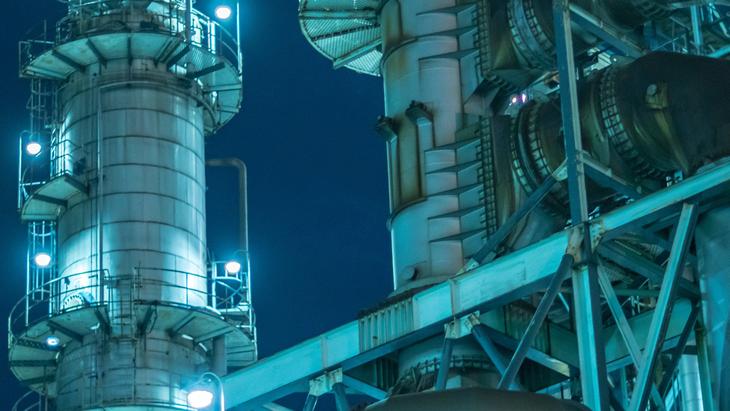DOWNLOAD THE PDF
For many years, CCUS (Carbon Capture, Utilization and Storage) technologies have focused on the mining industry and coal-fired power plants as the main beneficiaries. In recent years, however, environmental protection obligations to reduce carbon emissions into the atmosphere intensified. Thus, besides large fossil fuel (coal) power plants a significant number of industries are added to the list for the following decades: refineries and natural gas processing units, as well as industries generating large quantities of CO₂ (fertilizers, steel mills, cement plants, waste incineration, chemical industry, hydrogen production).

The failure of this project was essentially due to insufficient involvement and consistency in approach from the Romanian state (policies, legislative and regulatory framework, leadership) and state-run companies.
The Energynomics Working Group “The role of the oil and gas industry in the capture, use and storage of CO₂”, held on 7 May 2020, aimed to resume the analysis of the prospects for the development of capture, transport, use and storage solutions of carbon emissions (CO₂) in Romania. The general objective was to accelerate public interventions in order to start a national program or at least CCUS-type pilot projects at the national level.
The working group brought together 8 experts and operated under Chatham House rules – participants were free to use the information received, but neither the identity nor the affiliation of the participants would be disclosed. The conversation was moderated by Gabriel Avăcăriței, Chief Editor of Energynomics, and this White Paper summarizes the ideas expressed during the Working Group.
